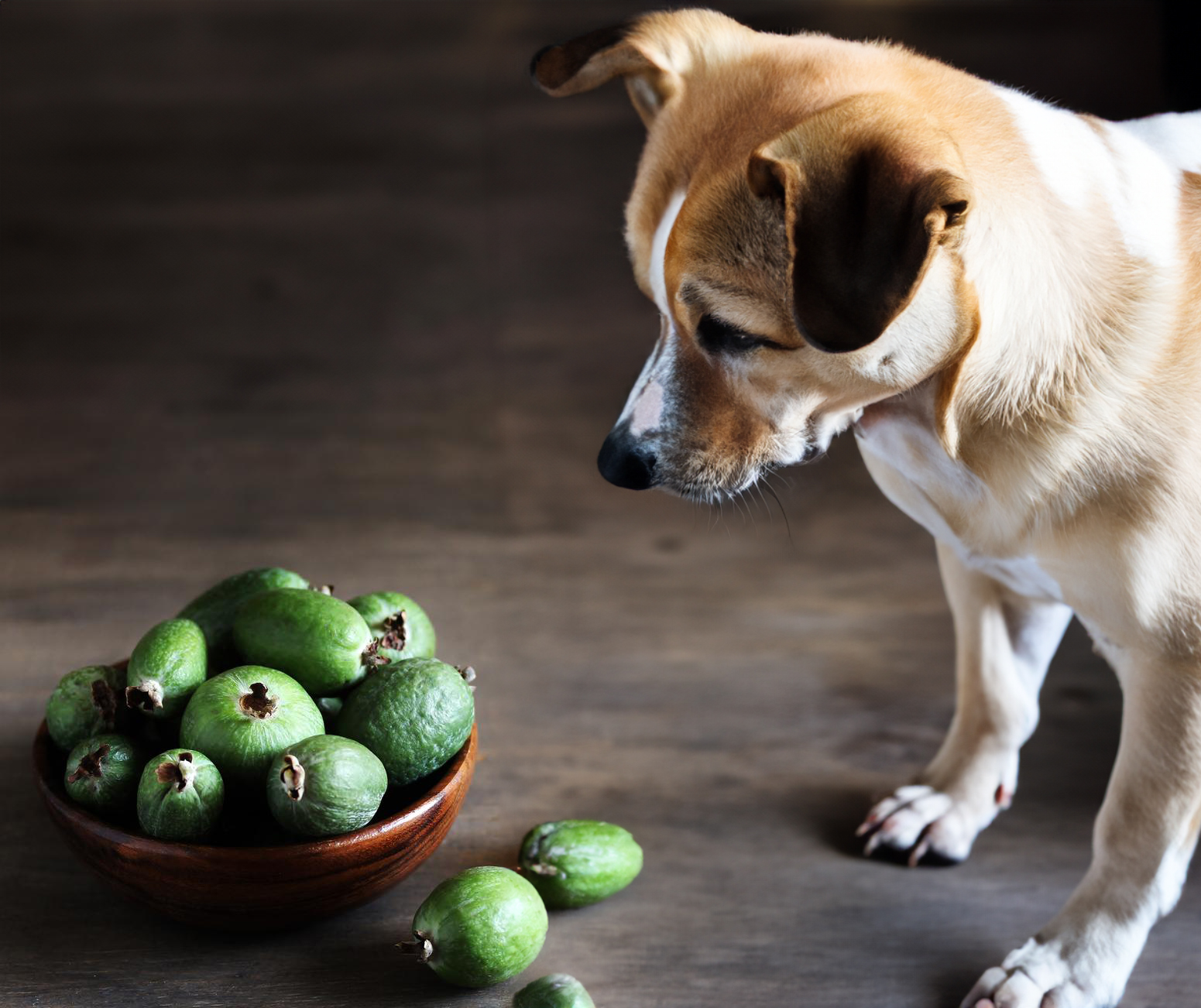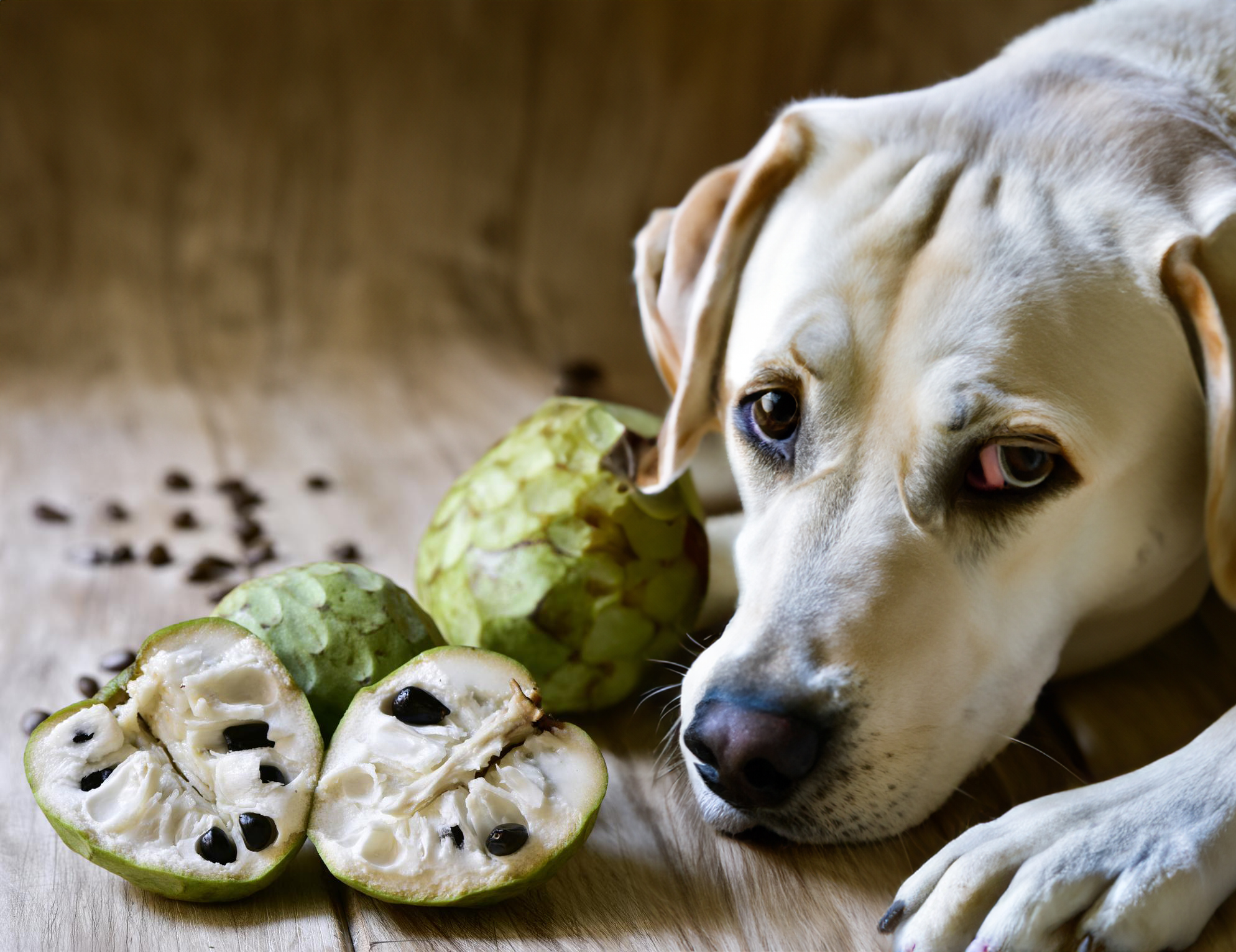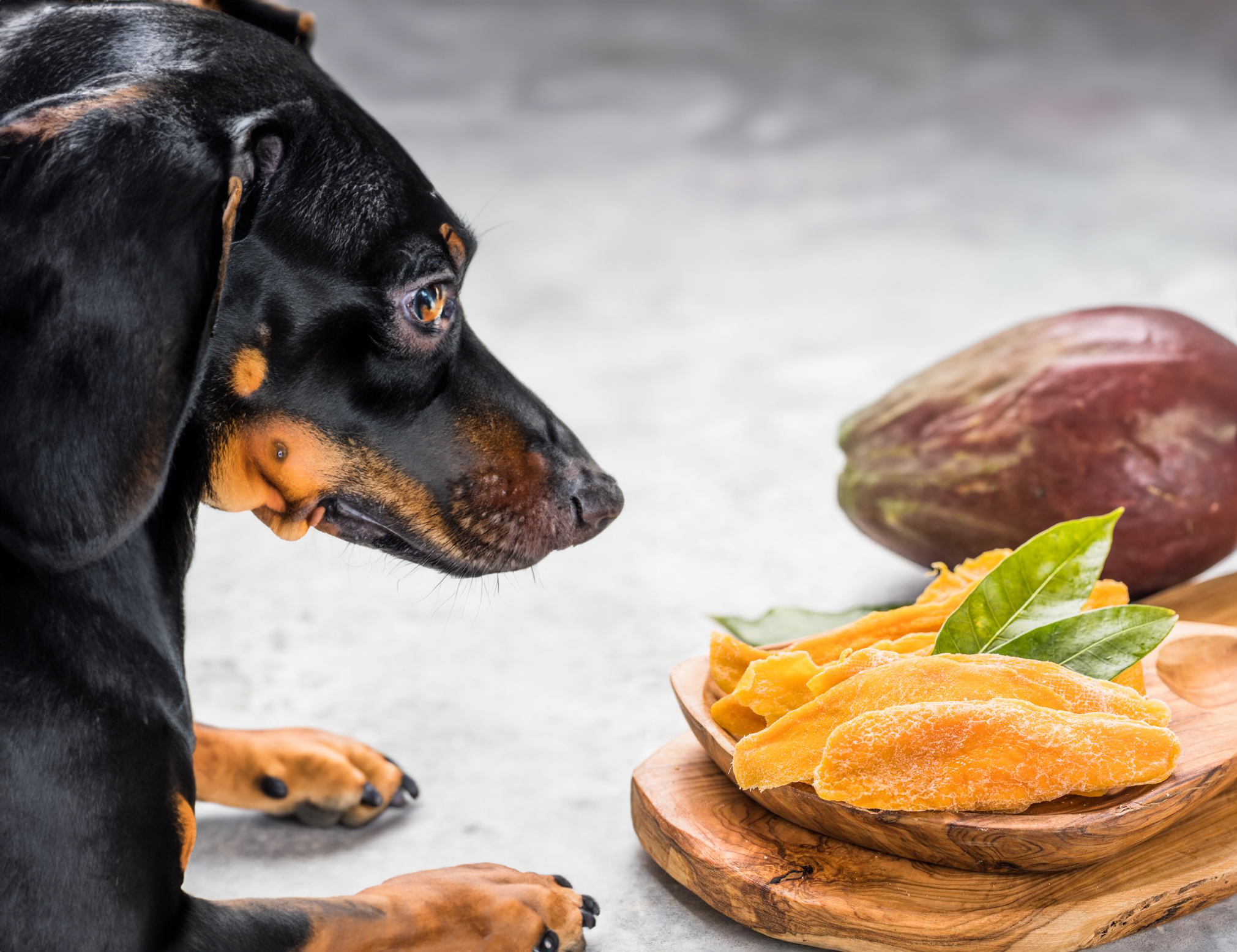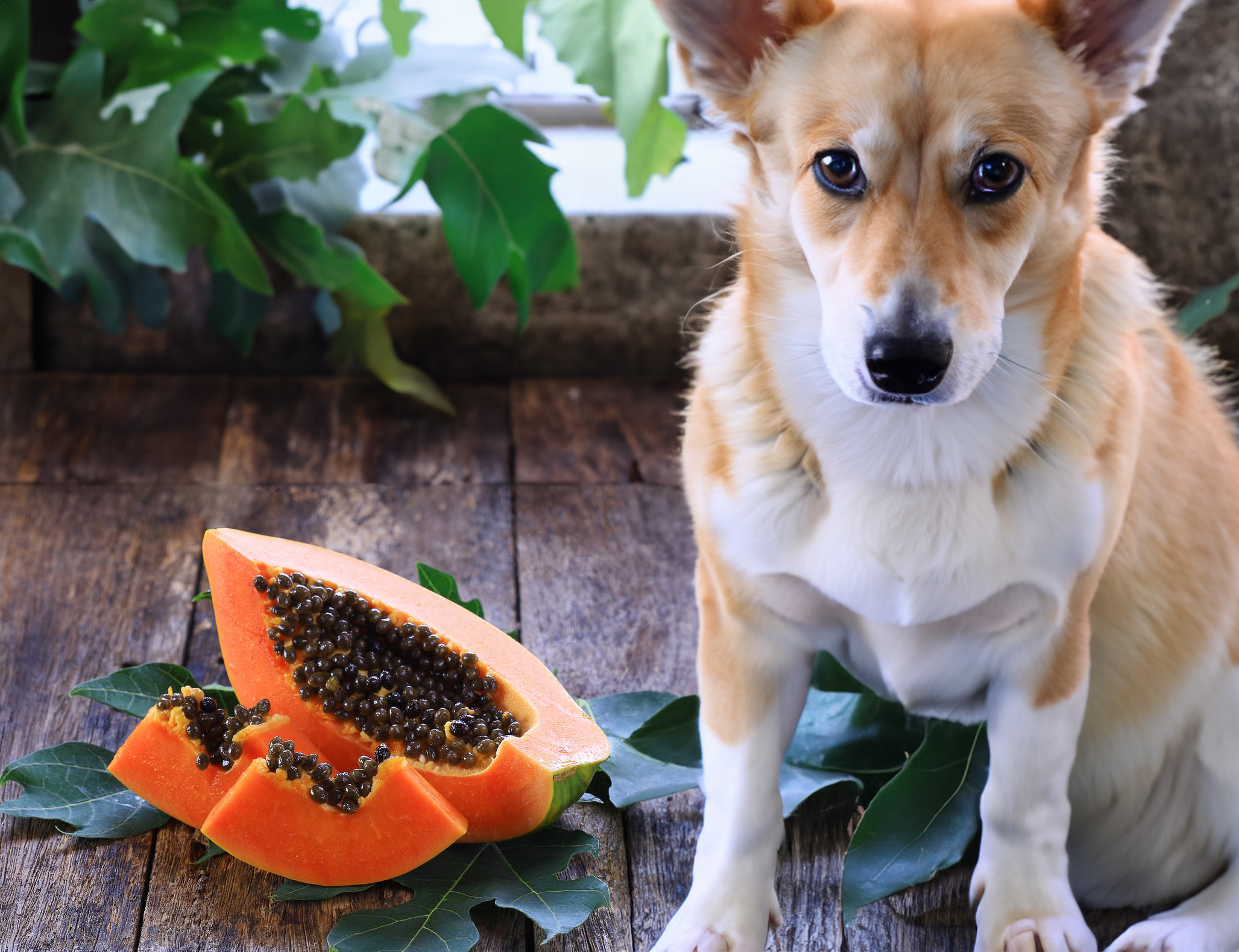It’s a common question: can dogs eat cherries? You may think that since cherries are a fruit, they must be safe for your pup, but the truth may surprise you. Before you let your dog indulge in this sweet and juicy treat, it’s important to understand the potential risks involved. In this blog post, we will explore the answer to the question: Can Dogs Eat cherries? and provide helpful tips on how to keep your furry friend safe.
Can Dogs Eat Cherries?
Many dog owners wonder if it’s safe to feed their furry friends cherries. This question arises due to a concern for the health and well-being of their beloved pets. Cherries have a delicious and enticing flavor, making it tempting to share a few with our dogs.
However, dogs have different dietary requirements than humans, and certain foods that are safe for us can be harmful to them. Additionally, cherries contain pits that can pose a choking hazard or cause intestinal blockages.
The Dangers of Cherry Consumption for Dogs
Cherry consumption can be dangerous for dogs due to several reasons. One major concern is the pits found in cherries, which can pose a choking hazard or cause intestinal blockages if ingested by dogs. The pits contain cyanide, a toxic substance that can be harmful to dogs if consumed in large quantities. In addition, cherries contain high levels of sugar, which can lead to obesity, diabetes, and dental issues in dogs. Another risk is the potential for allergic reactions. Some dogs may have allergies to cherries, leading to symptoms such as itching, hives, or gastrointestinal upset. It’s important to be aware of these dangers and exercise caution when considering giving cherries to your furry friend.
Potential Health Benefits of Dogs Eating Cherries
Cherries can provide potential health benefits for dogs when consumed in moderation. They are rich in antioxidants, vitamins, and minerals that can support your dog’s overall health. The antioxidants found in cherries, such as anthocyanins and melatonin, can help reduce inflammation, improve cognitive function, and support a healthy immune system. Cherries also contain fiber, which can aid in digestion and promote bowel regularity in dogs. Additionally, the natural sugars in cherries provide a quick source of energy for your furry friend. However, it’s important to note that cherries should be given as an occasional treat and in small quantities to avoid the risks associated with pits and excessive sugar intake. Always consult with your veterinarian before introducing cherries or any new food into your dog’s diet.
Can Dogs Eat Cherry Pits?
No, dogs should not eat cherry pits. Cherry pits pose a significant danger to dogs due to their small size and the toxic substance they contain. The pits of cherries contain cyanide, which is harmful to dogs if ingested in large quantities. If a dog were to swallow a cherry pit, it could cause choking or intestinal blockages. It’s important to be cautious and remove all pits from cherries before giving them to your dog. To ensure the safety of your furry friend, it’s best to stick to feeding them cherries without pits or opt for safer fruits and vegetables that are dog-friendly.
How Much Cherry is Safe for Dogs to Consume?
When it comes to feeding your dog cherries, moderation is key. While cherries can offer some health benefits for dogs, it’s important to be mindful of the potential risks involved. Due to the pits and the high sugar content, cherries should only be given to dogs as an occasional treat and in small quantities.
A general rule of thumb is to give your dog no more than one or two cherries at a time. However, every dog is different, and it’s always best to consult with your veterinarian before introducing any new food into your dog’s diet. They can provide personalized guidance based on your dog’s specific needs and health conditions. Remember, your dog’s safety and well-being should always be the top priority when it comes to their diet.
Symptoms of Cherry Toxicity in Dogs
If your dog consumes cherries or cherry pits, it’s important to be aware of the potential symptoms of cherry toxicity. Dogs may experience gastrointestinal issues such as vomiting, diarrhea, or abdominal discomfort. They may also display signs of cyanide poisoning, which can include difficulty breathing, dilated pupils, and weakness. In severe cases, cherry toxicity can lead to respiratory distress, seizures, or even coma.
If you notice any of these symptoms in your dog after they have eaten cherries, it is crucial to seek immediate veterinary care. Prompt treatment can help prevent further complications and ensure your dog’s well-being. Remember, prevention is always the best approach, so it’s important to keep cherries and cherry pits out of your dog’s reach.
What to Do If Your Dog Eats Cherries
If your dog happens to eat cherries or cherry pits, it’s important to take action promptly. The first step is to remain calm and assess the situation. Check if your dog has swallowed any cherry pits and if they are showing any immediate symptoms of distress. If your dog has only eaten a small amount of cherries or cherry pits, they may be able to pass them without any complications.
However, if you notice any signs of choking, abdominal discomfort, or cyanide poisoning, it’s crucial to seek veterinary care immediately. The vet can perform an examination and determine the best course of action, which may include inducing vomiting or performing an endoscopy to remove any cherry pits. Remember, prevention is key, so it’s important to keep cherries and cherry pits out of your dog’s reach to avoid any potential risks.










